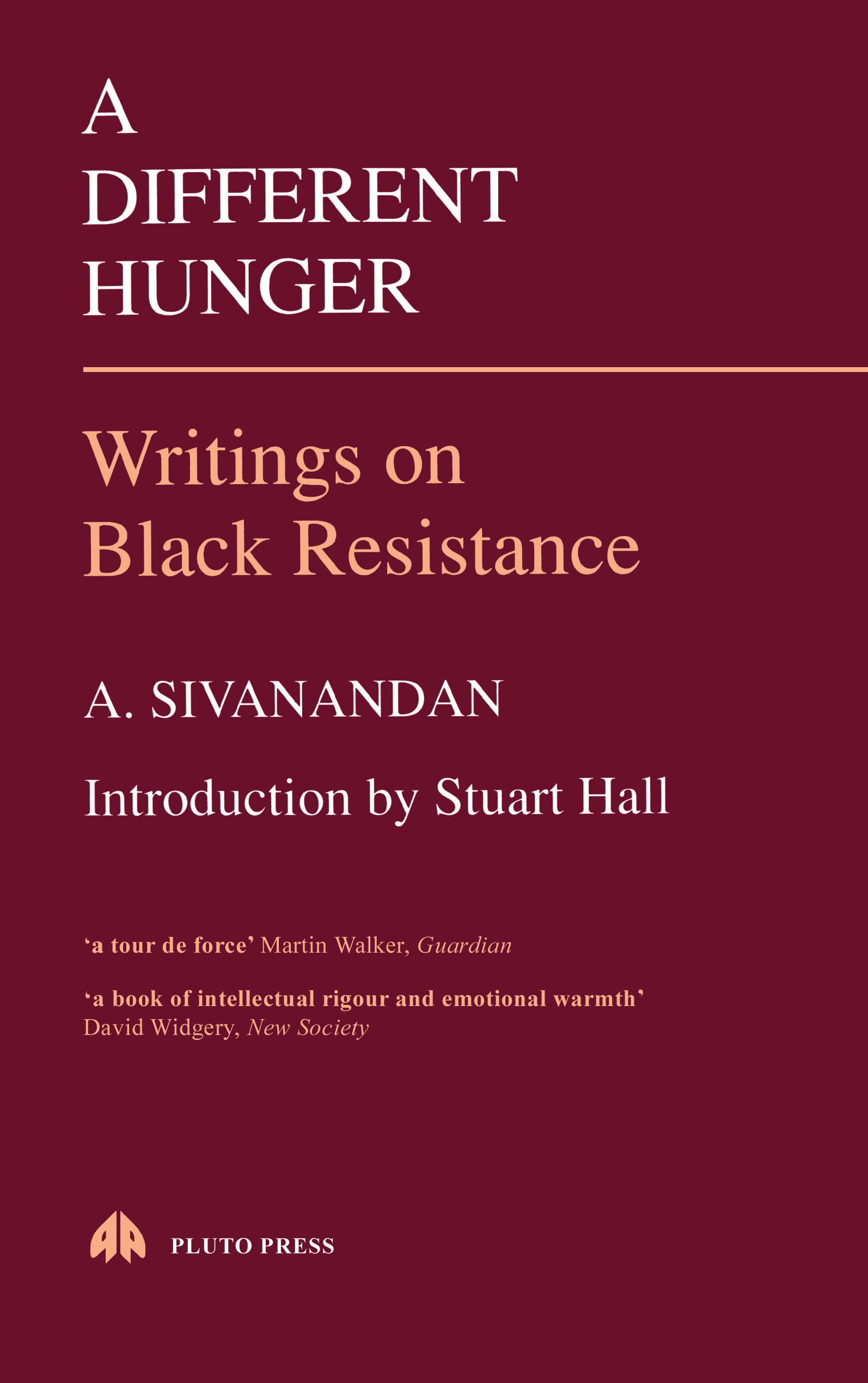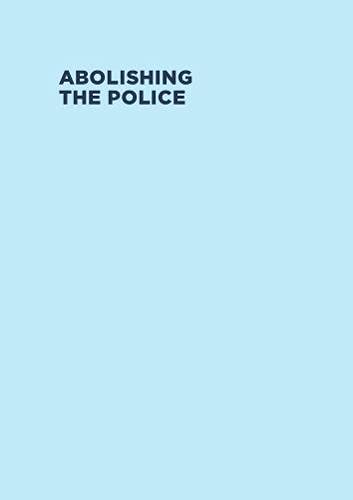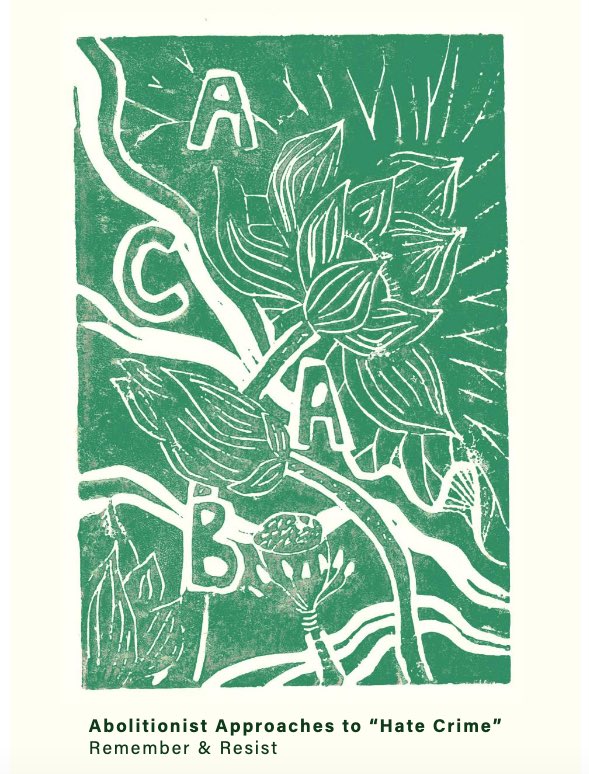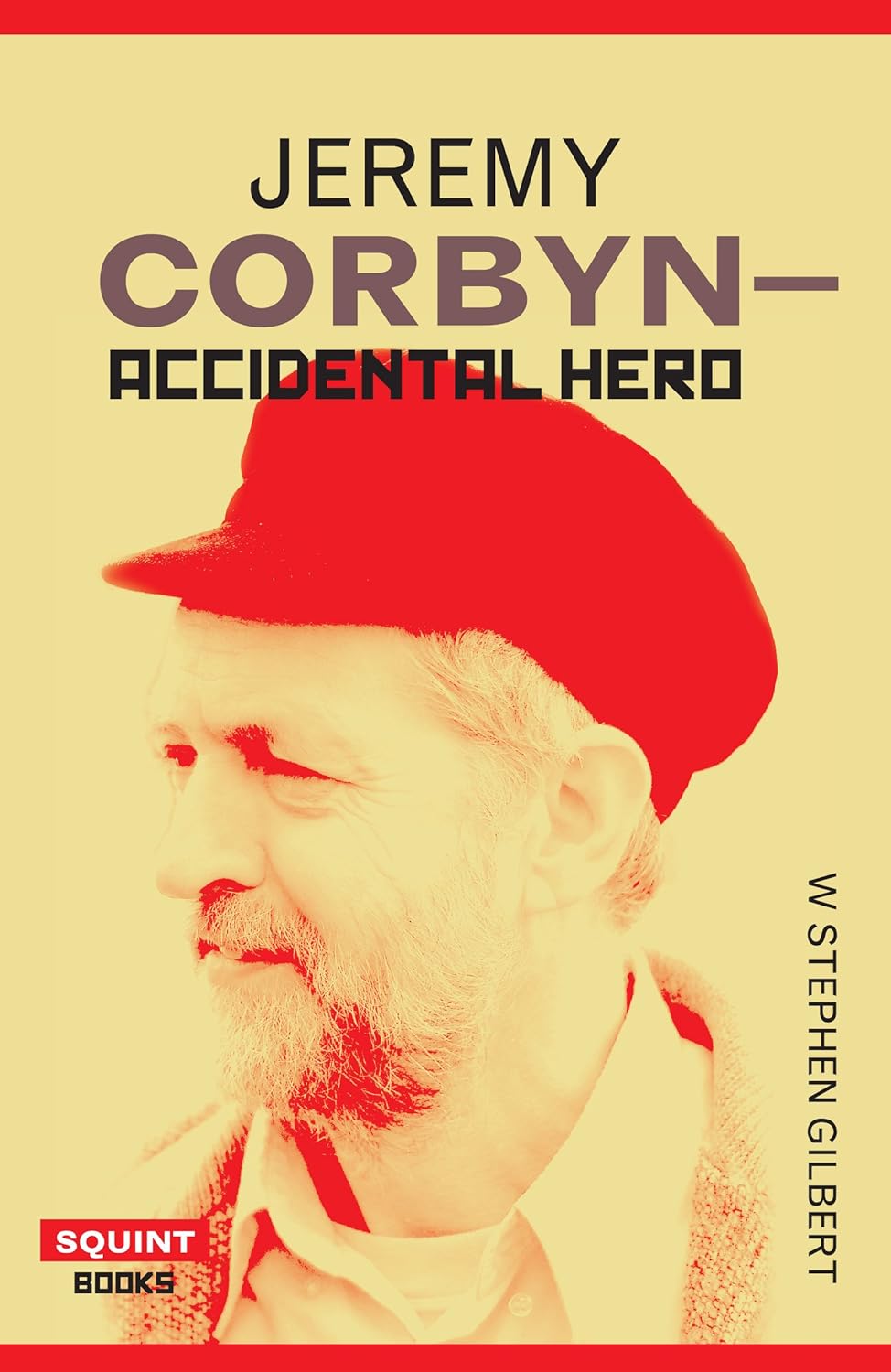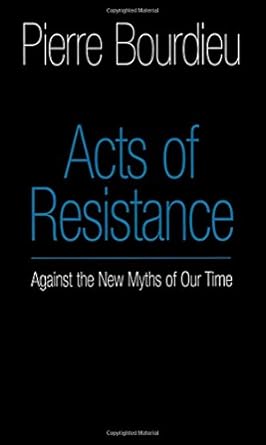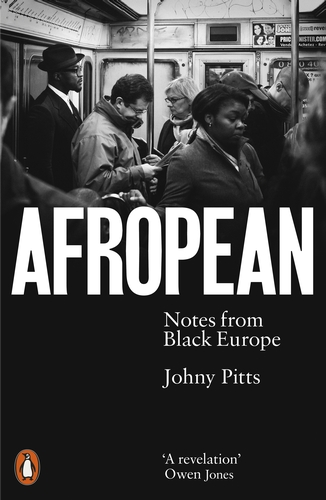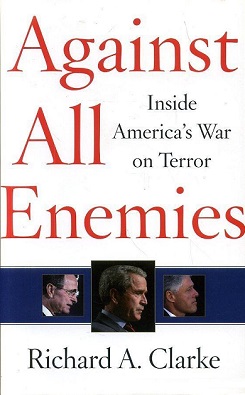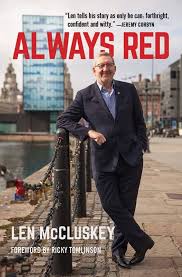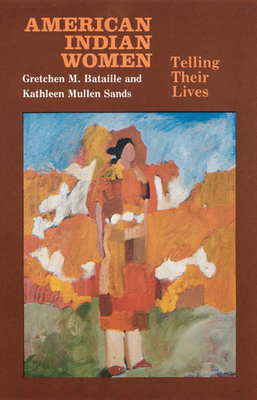This collection of A. Sivanandan’s writings looks at the history of black struggles against British racism from the 1940s to the uprisings of Brixton and Toxteth in the 1980s.
Abolishing the Police is both a contribution to this conversation and an invitation to join it. It provides rigorous and accessible analyses of why we might want to abolish the police, what abolishing them would involve, and how it might be achieved, introducing readers to the rich existing traditions of anti-police theory and practice.
Its authors draw on their diverse on-the-ground experiences of political organising, protest, and resistance to policing in the UK, France, Germany, and the United States, as well as their original research in academic fields ranging from law to security studies, political theory to sociology to public health.
Without assuming any prior specialist knowledge, they present the critical tools and insights these disciplines have to offer to ongoing struggles against the injustices of policing (and consider, in turn, what these disciplines must learn from these struggles.)
Refusing state-sanctioned responses to racist violence.
This is a project that seeks to critically explore issues surrounding hate crime legislation and strategise about alternative, community-based responses to racist harm through workshops, writing and sharing resources. It was initiated as an alternative approach to responses that seek to strengthen hate crime policing in light of Covid-fuelled Sinophobic racism.
We also see this moment as an opportunity to generally think through our conceptions of safety and issues with carceral (policing) ‘solutions’ to racism - particularly in relation to model minority and respectability politics as East and Southeast Asian diaspora. Especially as discourses around ‘the threat from China’ escalate, we cannot rely on the same state that permits and produces these discourses to maintain its power. It’s crucially important that we build networks of solidarity and community-based approaches so that we can have a stronger anti-carceral response when ‘hate crimes’ flare up in future.
Further, as moves towards introducing legislation for ‘misogyny hate crime’ proceed, we hope to make connections across different communities whose struggles are being co-opted by the state for its own ends.
A few months ago, few had heard much about mild-mannered backbench MP Jeremy Corbyn. Now he is the surprise leader of the Labour Party, after winning a grassroots campaign. But who is this man who divides his own party, the media, and Britain in general. Is he an accidental hero, a footnote waiting to happen, or is he new kind of politician, one who no longer plays by the rules of spin? W Stephen Gilbert has crafted a brief, lucid, compelling and readable study of the politician we will all be talking about for years to come. This is the necessary primer to find out what you need to know.
In his most explicitly political work to date, Pierre Bourdieu speaks out against the new myths of our time - especially those associated with neo-liberalism - and offers a passionate defence of the public interest. The withdrawal of the state from many areas of social life in recent years - housing, health, social services, etc. - has produced growing despair in the most deprived sections of the population; the dismantling of public welfare in the name of private enterprise, flexible markets and global competitiveness is increasing the misery of those who have suffered most. In this sharp, uncompromising attack on neo-liberalism and those who champion it - from the IMF to the President of the Bundesbank, from politicians to academic commentators - Bourdieu stands up for the interests of the powerless and helps to give a voice to those individuals, groups and social movements whose views are rarely heard in the dominant media.
Three leading Africa scholars investigate the social forces driving the democratic transformation of postcolonial states across southern Africa. Extensive research and interviews with civil society organizers in Zimbabwe, South Africa, Zambia, Malawi, Namibia, and Swaziland inform this analysis of the challenges faced by non-governmental organizations in relating both to the attendant inequality of globalization and to grassroots struggles for social justice.
Afropean is an on-the-ground documentary of areas where Europeans of African descent are juggling their multiple allegiances and forging new identities. Here is an alternative map of the continent, taking the reader to places like Cova Da Moura, the Cape Verdean shantytown on the outskirts of Lisbon with its own underground economy, and Rinkeby, the area of Stockholm that is eighty per cent Muslim. Johny Pitts visits the former Patrice Lumumba University in Moscow, where West African students are still making the most of Cold War ties with the USSR, and Clichy Sous Bois in Paris, which gave birth to the 2005 riots, all the while presenting Afropeans as lead actors in their own story.
THE EXPLOSIVE INTERNATIONAL BESTSELLER
With all-new excerpts from Richard Clarke's dramatic public testimony, and revealing corroboration from The 9/11 Commission Report
From the 9/11 Commission Report:
"On the day of the meeting [September 4, 2001], Clarke sent Rice an impassioned personal note. He criticized U.S. counterterrorism efforts past and present. The 'real question' before the principals, he wrote, was 'are we serious about dealing with the al Qida threat?...Is al Qida a big deal?...Decision makers should imagine themselves on a future day when the CSG has not succeeded in stopping al Qida attacks and hundreds of Americans lay dead in several countries, including the US,' Clarke wrote. 'What would those decision makers wish that they had done earlier? That future day could happen at any time.'"
Len McCluskey is the standout trade unionist of his era. Head of the giant Unite union for more than a decade, he is a unique and powerful figure on the political stage.
In this major autobiography, McCluskey throws back the curtains on life at the top of the Labour movement—with explosive revelations about his dealings with Keir Starmer, the behind-the-scenes battles of the Corbyn era, his secret Brexit negotiations with Theresa May’s government, the spectacular bust-up with his former friend Tom Watson, and his tortuous relationship with Ed Miliband.
McCluskey is no run-of-the-mill trade unionist. Fiercely political, unflinchingly left wing, he is a true workers’ leader. His politics were formed in Liverpool at a time of dock strikes, the Beatles, and the May 1968 revolution in Paris. An eyewitness to the Hillsborough tragedy, he recounts in harrowing detail searching for his son.
Witty and sharp, McCluskey delivers a powerful intervention, issuing a manifesto for the future of trade unionism and urging the left not to lose sight of class politics.
A central player in a tumultuous period of British political history, McCluskey’s account is an essential—and entertaining—record of our times.
Indian women's autobiographies have been slighted because of the assumption that women had a secondary and insignificant role in Indian society. Gretchen M. Bataille and Kathleen Mullen Sands cogently demonstrate in this book the creative vitality of autobiographies that, despite differences in style and purpose, clarify the centrality of women in American Indian cultures. Included is a comprehensive, annotated bibliography or works by and about American Indian women.

